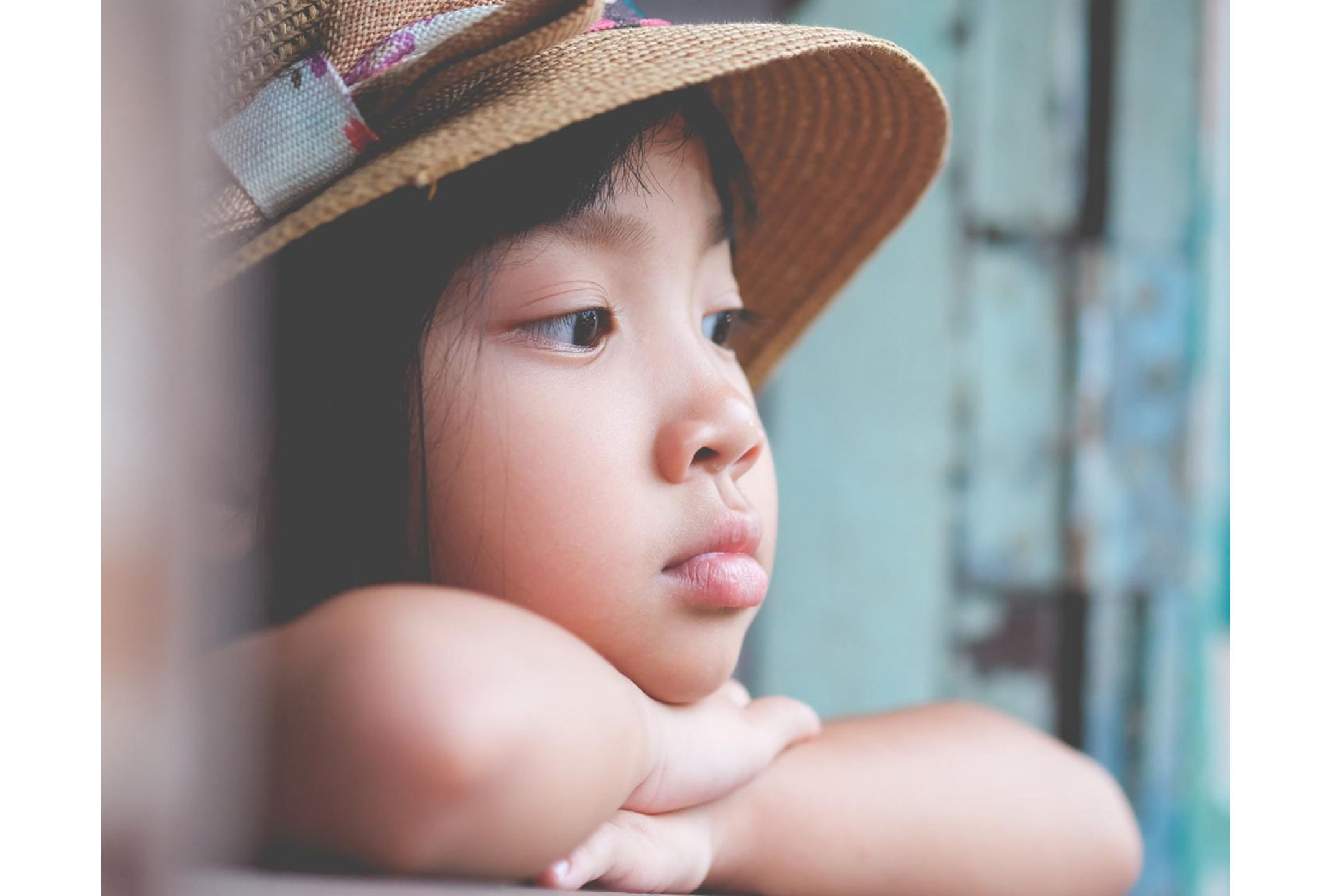
27 Aug Managing your child’s anxiety during a pandemic
Even for the little children of the world, Coronavirus is on their radar and for some children, teenagers and even adults, anxiety levels are at an all-time high, writes Kathryn Smith
Turn on the radio, and it’s the first news headline you will hear, go to school or university and the teachers are preaching the importance of personal hygiene, switch on the TV and it’s blasted across every channel. And let’s not even mention the toilet paper crisis!
Yes, the World Health Organisation has declared COVID-19 a global pandemic and so complete media saturation on the topic is to be expected. Nonetheless, for many children, this level of alarm can be extremely disconcerting and cause unnecessary levels of panic and anxiety.
It is our job as adults to respond to the current situation calmly and with reason so as to manage the level of threat felt by our youngsters. Of course, awareness and readiness are important, as is following recommended hygiene protocols, but of equal importance is managing concern and not overestimating the proposed threat or danger.
Encouraging distraction and reducing the amount of time spent watching or listening to media can also help to ease the cognitive saturation and associated anxiety. In times of crisis when the world can seem very out of control, remaining in control as an adult is important in setting the right example for your juniors. Setting yourself up as role model means coping in a positive way. This might include maintaining a normal daily routine, exercising regularly, keeping a healthy diet and engaging in pleasurable activities. Displaying optimism about the sense of the future is also very important. We need to let kids know that as the past would suggest, this too shall pass.
In a media briefing on 13thFebruary 2020, Mr Mike Ryan, Executive Director of the World Health Organization’s (WHO) health emergencies program said; “We need a vaccine against misinformation as well and in that sense we need a communications vaccine; we need to be able to communicate in a much more effective way.”
Get The facts
Ignoring media hype and talking about the virus from a factual and statistical risk point of view can be helpful in keeping the issue in proportion and clarifying misconceptions for children and teenagers. According to the World Health Organisation; “Coronaviruses (CoV) are a large family of viruses that cause illness ranging from the common cold to more severe diseases such as Middle East Respiratory Syndrome (MERS-CoV) and Severe Acute Respiratory Syndrome (SARS-CoV). A novel coronavirus (nCoV) is a new strain that has not been previously identified in humans.” More information can be found here
words: Kathryn Smith, Clinical Psychologist
If you or your child are experiencing heightened levels of anxiety about Coronavirus or other personal issues, talking to a Psychologist can be helpful in developing personal strategies to manage their feelings. For helpful resources about managing anxiety during Coronavirus head to: Psychology Consultants

